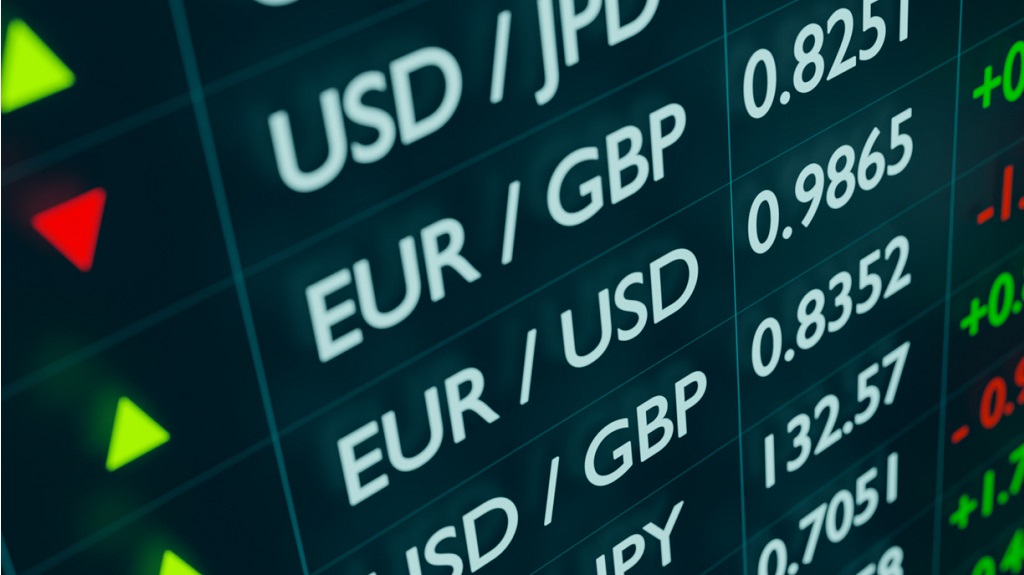Former deputy governor of the Central Bank of Trinidad and Tobago Dr Terrence Farrell said forex flow for small and medium enterprises can be helped by a robust banking relationship.
Speaking at a virtual seminar hosted by the University of the West Indies St Augustine Campus in collaboration with the Trade and Economic Development Unit, Department of Economics under the Faculty of Social Sciences, Dr Farrell said:
“The amount of the foreign exchange you get depends on the relationship you have with your commercial bank.”
The webinar, which was held on January 26, 2024, opened with his observations:
“The foreign exchange situation is not dire; we are not by any means in any crisis. So how do we explain then that people complain that they have little access to foreign exchange?”
Dr Farrell shed light on the challenges of limited foreign exchange (forex) access for small and medium enterprises (SMEs) and the average citizen, attributing the issue to the distribution mechanisms employed by commercial banks.
Dr Farrell also tackled the common perception that larger corporations enjoy preferential access to forex, explaining:
“Bigger companies are the ones bringing in more goods that everybody buys. The problem there is the distributional effect and whether or not that mal distribution then does have certain other kinds of knock-on consequences.”
This insightful commentary highlighted the intricate dynamics between bank policies, corporate size, and their broader economic implications, sparking a vital conversation on equitable forex distribution.
Furthermore, building on his initial insights, Dr Farrell delved further into the complexities of Trinidad and Tobago’s foreign exchange landscape.
He meticulously unpacked the origins of the country’s forex, its trading mechanisms, and offered profound insights into the persistent imbalance between demand and supply.
The UWI said this exploration was part of a broader dialogue, enriched by a panel of eminent speakers who collectively examined the interplay of critical factors shaping the FOREX market.
Other members of the panel included Professor Roger Hosein, Professor of Economics at The UWI, St Augustine, Mr. Michael Annisette (Trade Unionist), and Dr Rebecca Gookool-Bosland, Economist.
Their analysis provided a comprehensive understanding of the challenges hindering Trinidad and Tobago’s economic growth, forecasting future trends, and proposing actionable strategies for individuals, businesses, and the broader economy to navigate these hurdles effectively.
In this context of economic scrutiny, the concept of the “necessity entrepreneur” emerged as a focal point, spotlighting individuals propelled into entrepreneurship by survival instincts rather than opportunity.
This notion, reflective of the current economic strain and the volatile nature of the FOREX market, underscored the adaptive strategies individuals resort to in the face of financial adversity.
A crucial platform for understanding the nuances of foreign exchange accessibility and its broader economic implications, this seminar forms part of The UWI’s National Conversations Series, and served as a key platform for knowledge exchange, promoting research-based solutions and fostering partnerships between academia and industry.
The UWI said it believes that the insights shared during this event contributed significantly to a more informed public discourse on economic matters crucial to our national community.
View the webinar online at https://www.youtube.com/watch?v=7aYJHqSzyC0
